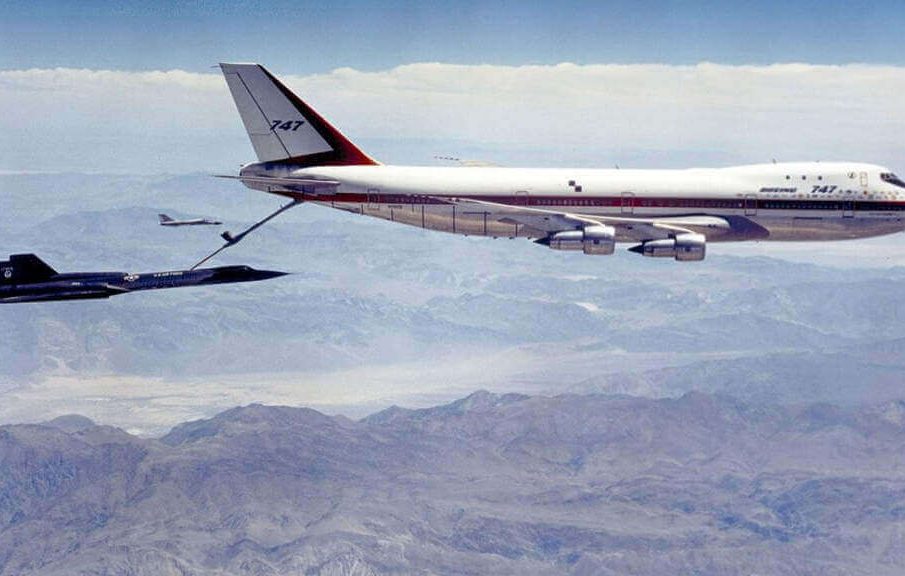The Boeing 747: A Legacy in Aviation

Introduction
The Boeing 747, often dubbed the “Jumbo Jet,” is one of the most recognizable and significant aircraft in aviation history. Since its first flight in 1969, the 747 has transformed air travel, enabling mass transportation of passengers and cargo across the globe. In a time when sustainable air travel is becoming increasingly crucial, understanding the developments and innovations of the Boeing 747 sheds light on its enduring legacy and continuing relevance.
Significant Developments
The Boeing 747 was revolutionary upon its introduction. With a capacity to carry more than 400 passengers, it made long-haul flights more accessible and affordable. Over the years, Boeing has produced various iterations of the 747, including the freighter models that have been essential for cargo transport around the world. As of October 2023, the last Boeing 747-8 is expected to be delivered to the international freight carrier, UPS, marking the end of an era for the production of this iconic aircraft.
Impact on Travel and Cargo Transport
The Boeing 747 had a significant impact on the airline industry, effectively democratizing air travel for millions. Airlines could offer lower fares on long-haul flights, paving the way for more people to embark on global adventures. Furthermore, the freighter variants have catered to the growing e-commerce market, allowing for quick and efficient transport of goods across countries. Its ability to carry oversized cargo has made it an invaluable asset in various industries.
Technological Advancements and Future Outlook
Over the decades, the Boeing 747 has seen innovations in technology, including advanced aerodynamics, fuel efficiency, and passenger comfort. While the aviation industry moves towards more sustainable practices, such as electric and hybrid aircraft, the Boeing 747 has demonstrated adaptability with updated engines that reduce fuel consumption and emissions. However, as the world shifts focus towards greener alternatives, experts predict that the legacy of the 747 will continue to influence future aircraft designs and operational strategies.
Conclusion
The Boeing 747 is more than just a mode of transportation; it represents a milestone in the evolution of air travel. As airlines worldwide phase out the Boeing 747 in favor of newer models, its impact on the travel industry remains unmatched. The Jumbo Jet will always hold a special place in aviation history, symbolizing an era of connectivity and exploration that continues to shape our world today. As we look to the future of aviation, the lessons learned from the Boeing 747 will be crucial in addressing new challenges in sustainability and efficiency.









